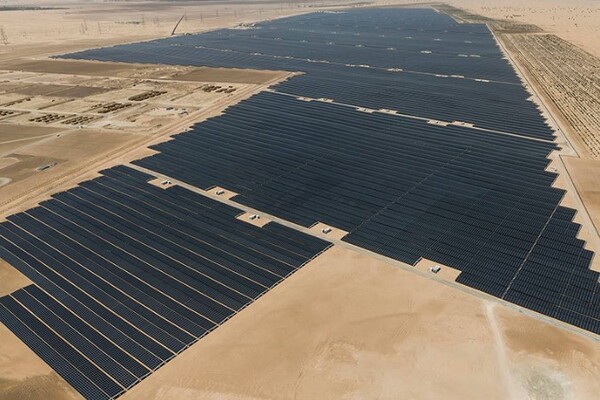Dubai is adding more solar power. DEWA, the city’s electricity and water provider, has started preparing for the seventh phase of the Mohammed bin Rashid Al Maktoum Solar Park.
This new phase will include over 1,600 megawatts of solar power. It will also have battery storage that can hold 6,000 megawatt-hours. This means solar power can be stored and used when the sun isn’t shining.
At a meeting in Dubai, 47 international companies showed interest in joining the project. These companies came from 17 countries. The project is expected to begin working in stages from 2027 to 2029.
Once finished, it should supply about 4.5 terawatt-hours of electricity every year. That’s enough to power many homes and businesses in Dubai. It will also help cut down the use of natural gas by 36 billion cubic feet each year. That means less pollution, around eight million tonnes less carbon emissions.
The solar park’s total planned capacity will rise to 7,260 megawatts after this phase. DEWA expects this to push clean energy to 34% of Dubai’s total power by 2030.
Apart from this, DEWA is testing smaller solar projects too. One example is a floating solar setup on the Hatta Dam. It produces 250 kilowatts and is being tested for future use.
There are also solar panels installed at public buildings. These help generate clean power on site. Dubai is also adding more charging stations for electric cars. There are now more than 370 of these across the city.
This solar expansion is part of Dubai’s goal to use only clean energy by 2050. With global interest and local testing, the city is putting more focus on solar and storage together. The solar park project follows the independent power producer (IPP) model.


